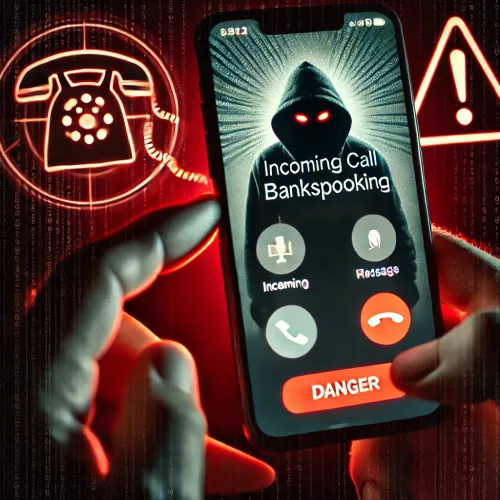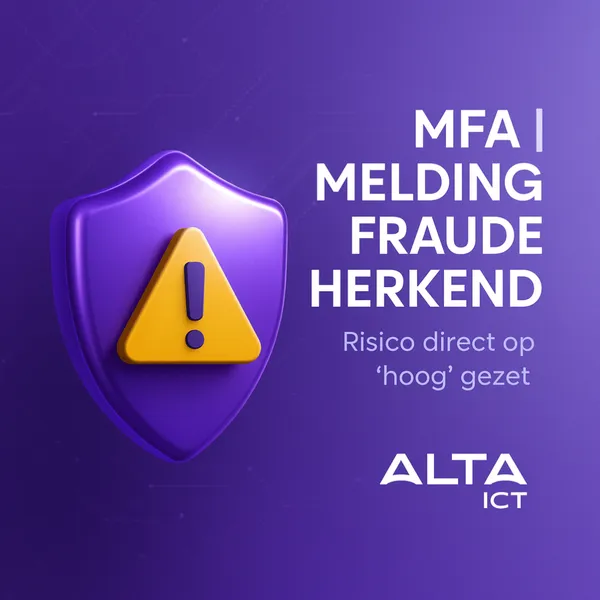Modern technology offers countless benefits, but unfortunately, cybercriminals are also increasingly managing to take advantage of digital advances.
A recent article by NOS highlights a shocking trend: bank spoofing.
This is a technique in which criminals abuse a bank’s phone line to deviously extort money from victims.
But what exactly is bank spoofing and how can you protect yourself?
In this blog, we dive deeper into this disturbing phenomenon.
What is Bankspoofing?
????????
- Definition: Bank spoofing is a type of scam in which criminals impersonate bank employees.
They use sophisticated techniques to fake a bank’s phone number, making it appear as if the call really came from your bank.
- How does it work?: The scammers call you, often at a time when you are unsuspecting.
They use personal information, which they have previously captured, to gain trust.
This makes it seem like the bank is really contacting you.
Then they pressure you into giving personal information or access to your bank account.
- Hypnotic effect: Many victims describe it as an almost hypnotic experience.
The scammers are often so convincing and intimidating that you follow their instructions without thinking.
How Do You Recognize Bankspoofing? ????️♂️
- Unexpected calls: Do you get an unexpected call from your bank?
If so, be extra vigilant.
Banks will never just call you for personal information.
- Pressure and intimidation: Scammers often try to create a sense of urgency.
For example, they claim that there is a problem with your account that needs to be fixed immediately.
- Asking for data: A real bank teller will never ask you to provide your full bank details or login codes.
This is a clear signal that something is not right.
- Check the number: Never blindly trust the number that appears on your screen.
If in doubt, hang up and call the bank yourself using the official number found on the bank’s website.
What Can You Do to Protect Yourself? ????️
- Always be alert: Never just trust phone calls, even if the number appears to be from your bank.
Don’t make rash decisions.
- Call back: If you doubt the authenticity of a call, hang up and call back to your bank yourself using the official number.
- Do not share personal information: Never give personal or bank information to anyone who calls you.
Banks never ask for this information over the phone.
- Use two-step verification: Activate two-step verification on your bank account whenever possible.
This adds an extra layer of security.
- Stay informed: Keep yourself informed about the latest forms of cybercrime and share this information with friends and family.
What To Do If You Became a Victim? ????
- Contact your bank immediately: Inform your bank as soon as possible if you think you have been a victim of bank spoofing.
The sooner you act, the more likely you can mitigate damages.
- File a report: Report the incident to the police.
This not only helps in locating the perpetrators, but can also help in prevention for others.
- Block your accounts: Consider temporarily blocking your accounts until the situation is resolved.
- Be prepared for emotional impact: Being a victim of scams can be mentally taxing.
Talk about it with someone you trust and seek help if you need it.
Conclusion: Be Vigilant and Protect Yourself ????
Bank spoofing is a serious threat that is unfortunately becoming more common.
By being aware of the signs and taking precautions, you can better protect yourself and your money from this form of scam.
Don’t be fooled and always remain critical of unexpected phone calls, even if they appear to come from your bank.





